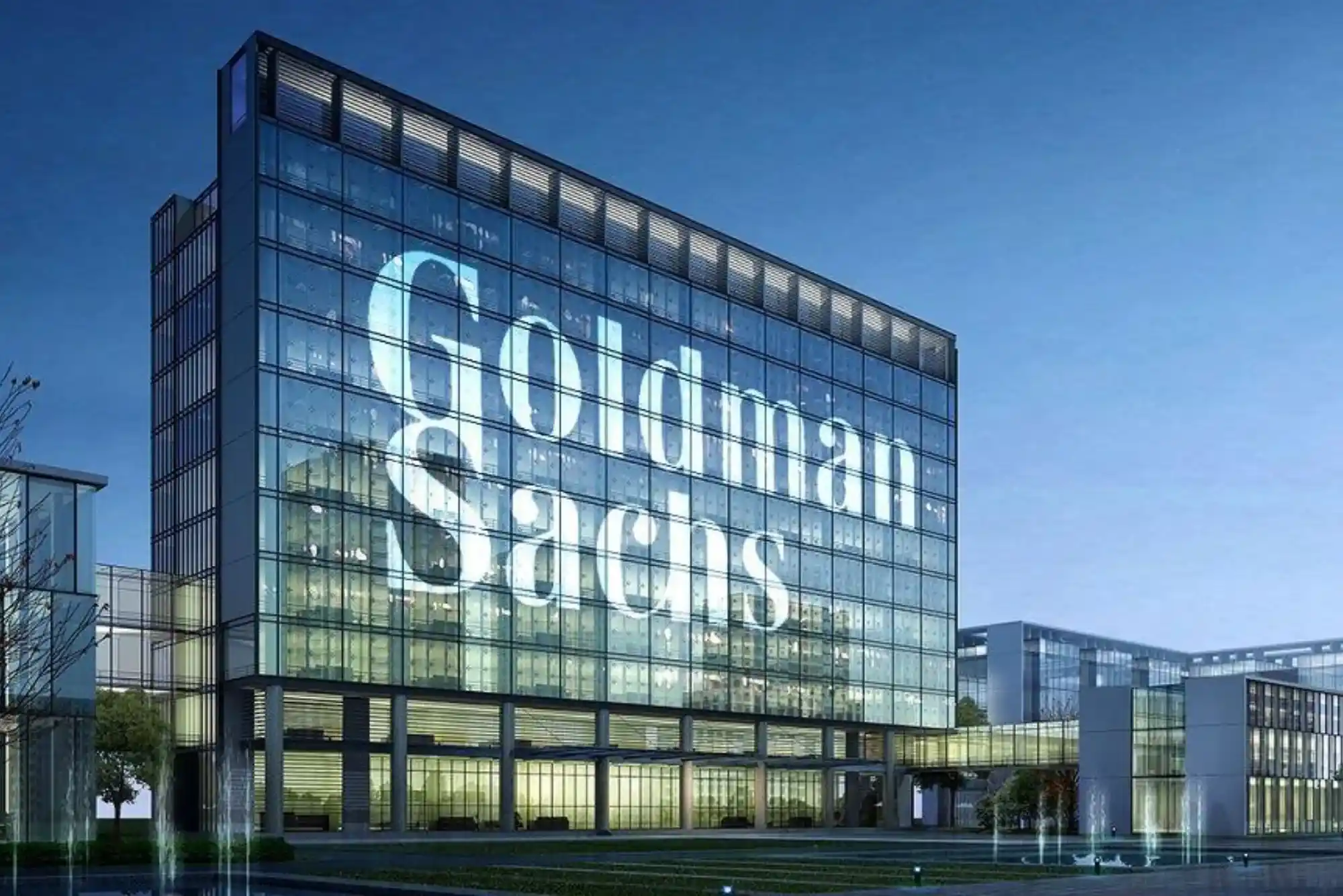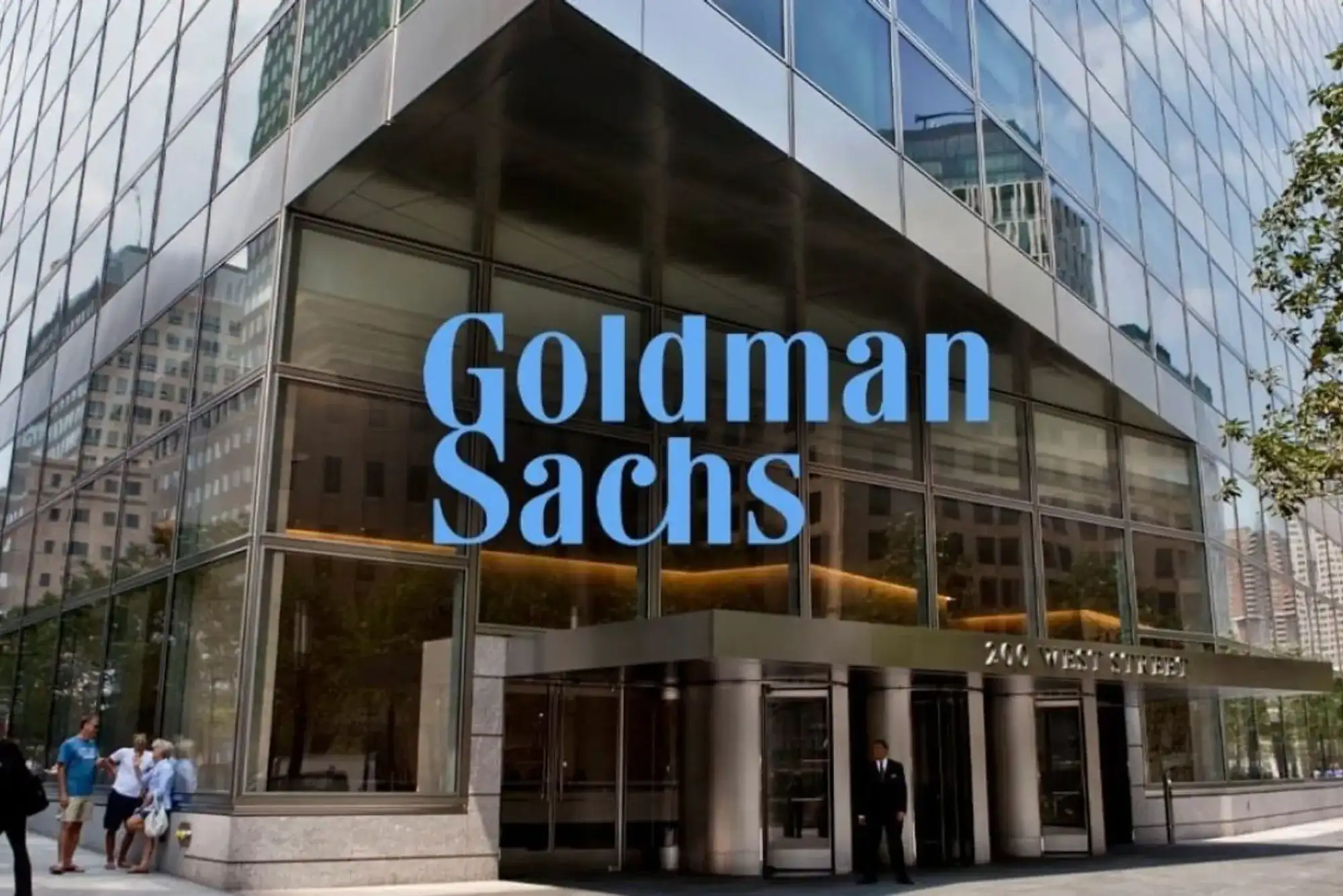Goldman Sachs, one of the world’s leading investment banks, has established a formidable presence in the commercial real estate (CRE) sector. Their influence spans various facets of real estate, including acquisitions, financing, asset management, and advisory services. This article delves into Goldman Sachs’ role in commercial real estate, highlighting key strategies, investments, and their impact on the market.
The Evolution of Goldman Sachs in Commercial Real Estate
Historical Background
Goldman Sachs’ involvement in real estate dates back to the 1990s when the firm began to diversify its investment portfolio. Initially focused on residential real estate, the bank gradually shifted towards commercial real estate, recognizing the potential for significant returns. Over the years, Goldman Sachs has become a dominant player in the sector, leveraging its expertise in investment banking and asset management.
Expansion into Commercial Real Estate
The firm’s expansion into commercial real estate was marked by strategic acquisitions and partnerships. By acquiring real estate assets and collaborating with developers and other investors, Goldman Sachs positioned itself as a leader in the industry. Their approach combines direct investments in properties and financing large-scale real estate projects.
Key Strategies in Commercial Real Estate

Opportunistic Investments
Goldman Sachs is known for its opportunistic investment strategy in commercial real estate. The firm targets properties and projects with the potential for high returns, often acquiring distressed assets or investing in underdeveloped markets. This approach allows Goldman Sachs to capitalize on market inefficiencies and generate substantial profits.
Diversification of Asset Classes
One of Goldman Sachs’ key strategies is diversifying its commercial real estate investments across various asset classes. The firm invests in office buildings, retail centers, industrial properties, and multifamily residential units. This diversification reduces risk and provides exposure to different sectors within the real estate market.
Global Reach
Goldman Sachs’ commercial real estate activities are not confined to the United States. The firm has a global presence, investing in markets across Europe, Asia, and Latin America. By diversifying geographically, Goldman Sachs can mitigate risks associated with regional economic downturns and capitalize on growth opportunities in emerging markets.
Focus on Sustainability
In recent years, Goldman Sachs has increasingly focused on sustainability within its commercial real estate portfolio. The firm recognizes the growing demand for environmentally-friendly properties and the importance of sustainability in long-term investment strategies. By investing in green buildings and promoting energy efficiency, Goldman Sachs aligns its real estate activities with broader environmental goals.
Major Investments and Projects
High-Profile Acquisitions
Goldman Sachs has been involved in several high-profile commercial real estate acquisitions. For instance, the firm played a significant role in the acquisition of One Wall Street, a historic office building in New York City, which was transformed into a luxury residential and retail complex. Such projects showcase Goldman Sachs’ ability to take on large-scale, complex real estate transactions.
Development Projects
In addition to acquisitions, Goldman Sachs is actively involved in real estate development. The firm partners with developers to finance and build new commercial properties. A notable example is the Hudson Yards project in New York, one of the largest private real estate developments in the United States. Goldman Sachs‘ investment in Hudson Yards underscores its commitment to transformative urban development.
Real Estate Funds
Goldman Sachs also manages real estate funds that allow institutional and individual investors to gain exposure to the commercial real estate market. These funds invest in a diversified portfolio of properties, offering investors the potential for steady returns. Through its real estate funds, Goldman Sachs provides a platform for clients to participate in the growth of the commercial real estate sector.
Impact on the Commercial Real Estate Market
Influence on Pricing and Trends
Goldman Sachs’ activities in commercial real estate significantly influence market pricing and trends. As a major investor, the firm’s decisions can impact property values and rental rates. For example, when Goldman Sachs invests in a particular market or asset class, it often signals confidence in that sector, attracting other investors and driving up prices.
Role in Financial Markets
Goldman Sachs is not just a direct investor in commercial real estate; the firm also plays a critical role in the financial markets that support the sector. Through its investment banking division, Goldman Sachs arranges financing for real estate developers and corporations. This includes issuing bonds, structuring real estate investment trusts (REITs), and providing advisory services for mergers and acquisitions. The firm’s financial expertise helps shape the broader commercial real estate market.
Contribution to Urban Development
Goldman Sachs’ investments in commercial real estate contribute to urban development and revitalization. By financing large-scale projects like Hudson Yards, the firm plays a role in shaping the physical landscape of cities. These developments often lead to job creation, increased economic activity, and improved infrastructure, benefiting the broader community.
Challenges and Risks
Market Volatility
Like all investors in commercial real estate, Goldman Sachs faces risks associated with market volatility. Economic downturns, changes in interest rates, and shifts in demand for commercial properties can impact the firm’s investments. Goldman Sachs mitigates these risks through diversification and strategic asset management, but the inherent uncertainty of the real estate market remains a challenge.
Regulatory Environment
The commercial real estate sector is heavily regulated, and changes in government policies can affect Goldman Sachs’ operations. Zoning laws, tax regulations, and environmental policies all play a role in determining the profitability of real estate investments. Goldman Sachs must navigate this complex regulatory environment to ensure compliance and protect its investments.
Competition
Goldman Sachs operates in a highly competitive market, with numerous other financial institutions and real estate firms vying for the same opportunities. The firm must continually innovate and adapt its strategies to stay ahead of the competition. This requires a deep understanding of market trends, access to capital, and the ability to execute complex transactions efficiently.
The Future of Goldman Sachs in Commercial Real Estate

Emerging Opportunities
As the commercial real estate market evolves, Goldman Sachs is likely to explore new opportunities. The firm may increase its focus on technology-driven real estate, such as data centers and logistics hubs, which are becoming increasingly important in the digital economy. Additionally, the rise of remote work and changing consumer behavior may create new investment opportunities in sectors like flexible office spaces and last-mile delivery facilities.
Continued Commitment to Sustainability
Sustainability will remain a key focus for Goldman Sachs in the future. The firm is expected to continue investing in green buildings and sustainable real estate practices. As environmental regulations tighten and demand for eco-friendly properties grows, Goldman Sachs’ commitment to sustainability will be crucial in maintaining its competitive edge.
Adapting to Market Trends
Goldman Sachs has a proven track record of adapting to market trends, and this will be critical as the commercial real estate landscape continues to change. Whether it’s responding to shifts in demographics, embracing new technologies, or navigating economic cycles, Goldman Sachs’ ability to adapt will determine its success in the commercial real estate sector.
Goldman Sachs’ involvement in commercial real estate is extensive and multifaceted. The firm’s strategies, investments, and influence on the market have made it a key player in the industry. As the commercial real estate market continues to evolve, Goldman Sachs will likely remain at the forefront, shaping the future of urban development and real estate finance. Through its commitment to innovation, sustainability, and strategic investments, Goldman Sachs will continue to play a pivotal role in the global commercial real estate landscape.




